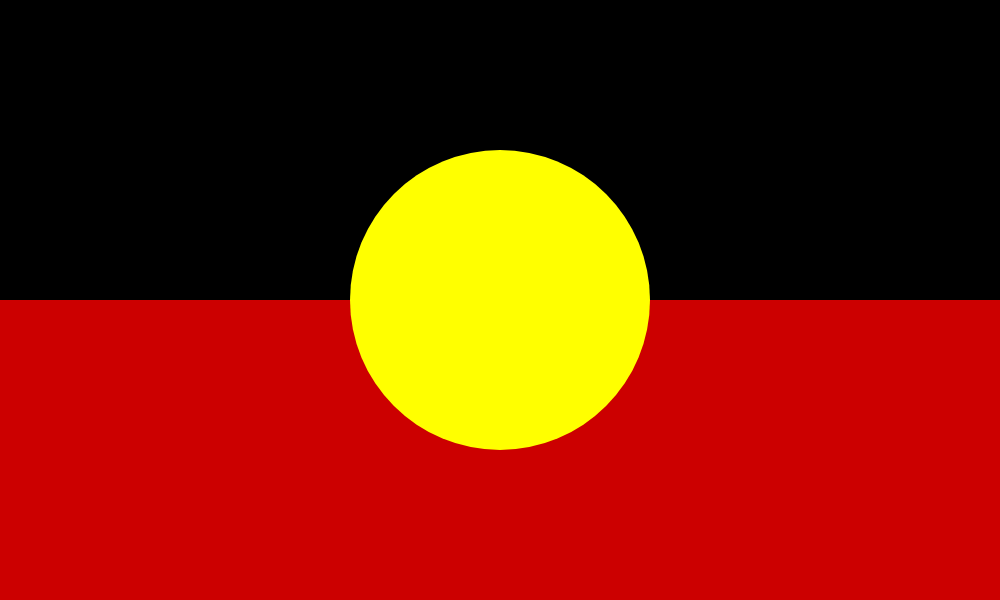Jorge Millán’s home in the small town of El Maitén in Argentina’s Patagonia was raided in February this year. “It was total madness,” said Millán, who belongs to the Indigenous Mapuche community and works at the local radio station, La Radio Comunitaria Mapuche Petü Mogeleiñ. His home was invaded by Argentine military border police officers, who, Millán recalled, told him they were looking for Molotov bombs, or anything that would start or accelerate a fire. “They arrived unexpectedly and violently,” he said in Spanish.
Millán’s house wasn’t the only one raided. It was one of many carried out in towns across the Chubut province, located in central Patagonia, targeting many Mapuche, the biggest Indigenous population in Argentina, where disastrous forest fires have leveled over 50,000 hectares of land (about 123,000 acres) and forced hundreds of Mapuche from their homes since December 2024 as well as areas in neighboring Río Negro Province. Besides record-breaking heatwaves and strong winds, a crippled fire management system and weakened environmental protections have wreaked even more damage.
Since coming to power in 2023, President Javier Milei — who maintains a denialistic stance on climate change — has defunded the National Fire Management System by 81 percent, severely limiting the country’s capacity to prevent and respond to forest fires in ecologically vulnerable regions like Patagonia. He has also downgraded the Ministry of Environment and Sustainable Development, which responsible for national environment policy strategy and coordination, to an undersecretariat status; eliminated the fund that supports the landmark 2007 Native Forests Law to help regulate the use, conservation and restoration of Argentina’s native forests; and repealed the 2011 Land Law that regulates foreign-land ownership in rural areas to protect natural resources.

